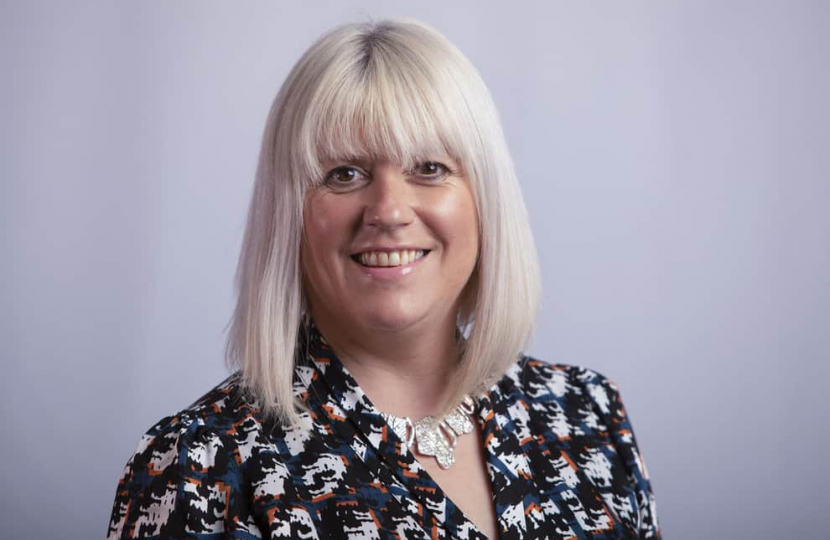
Maybe the pandemic has changed attitudes towards death and the dying, but there is little doubt public opinion has swung behind changing the law to legalise medically assisted dying.
The debate has been very respectful, and in proposing his Assisted Dying for Terminally Ill Adults (Scotland) Bill, Orkney MSP Liam McArthur has always shown great sensitivity to the highly emotional arguments on both sides. Everyone has their own stories of relatives’ experiencing good or bad deaths and it’s inevitable these will frame reaction.
His consultation, which received just over 14,000 responses, indicated 78 per cent are in favour, compared to 2015 when a consultation the last time a change was proposed found 64 per cent opposed. As someone who has moved in the opposite direction, I am clearly in a very small minority.
When faced with a loved one whose quality of life has drastically deteriorated and their imminent end is beyond doubt, it’s understandable to want a humane termination. But now I’m facing a decision which could make the conscious decision to end your life much easier, why am I having second thoughts?
I don’t believe anyone need die in agony if the correct palliative treatment is provided, and Liam’s bill specifically requires that to be offered. But there is a danger that even just the option of a quicker exit reduces the need to ensure that proper care for the dying is always available.
Hospices are wonderful places, but the fact their services rely on charitable giving, says much about the place of care for the dying in the NHS, and I fear assisted dying actually reduces the duty the NHS owes them. After all, it’s only 11 years since the controversial Liverpool Pathway, usually involving the withdrawal of food and water from terminal patients, was outlawed.
Despite safeguards, like the requirements of two doctors to agree the patient will not recover and is also of sound mind, I am unconvinced there is enough in the proposal to prevent someone feeling personal pressure to end their life to cease burdening their relatives or society.
Nor am I persuaded that the normalisation of suicide ─ which is the brutal truth of it ─ and the significant acceleration of the number of people taking their own lives, is without significant negative impact on those left behind, and increase the chances of dividing families along the most emotional of lines.
There is plenty of data from countries where assisted dying is allowed to show just how quickly the numbers rise, and research proves it makes no difference to unassisted suicide levels. In the Netherlands, there is some evidence of an increase.
Then there is Canada, where people with depression are effectively being euthanised in their 20s and 30s. Admittedly, few of the safeguards proposed here feature in their system but, as demonstrated by Gender Recognition Reform, a very small group of people can instigate change and there is no guarantee that previously tight legislation cannot be slackened on the basis of isolated cases unrepresentative of majority experience.
Respectful debate is already threatened, and this week I received an email asking if I just hoped I wouldn’t die in excruciating pain. The answer is I shouldn’t have to, and that’s what we’re putting at risk.

